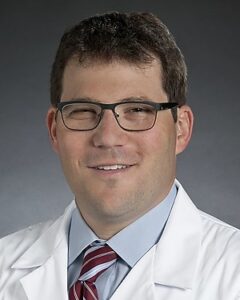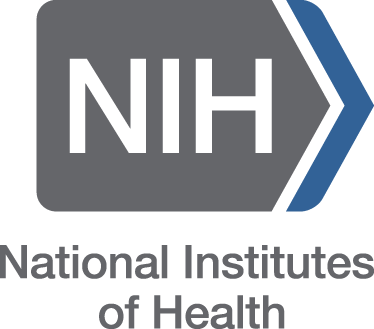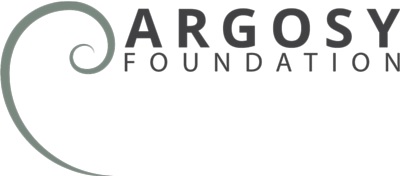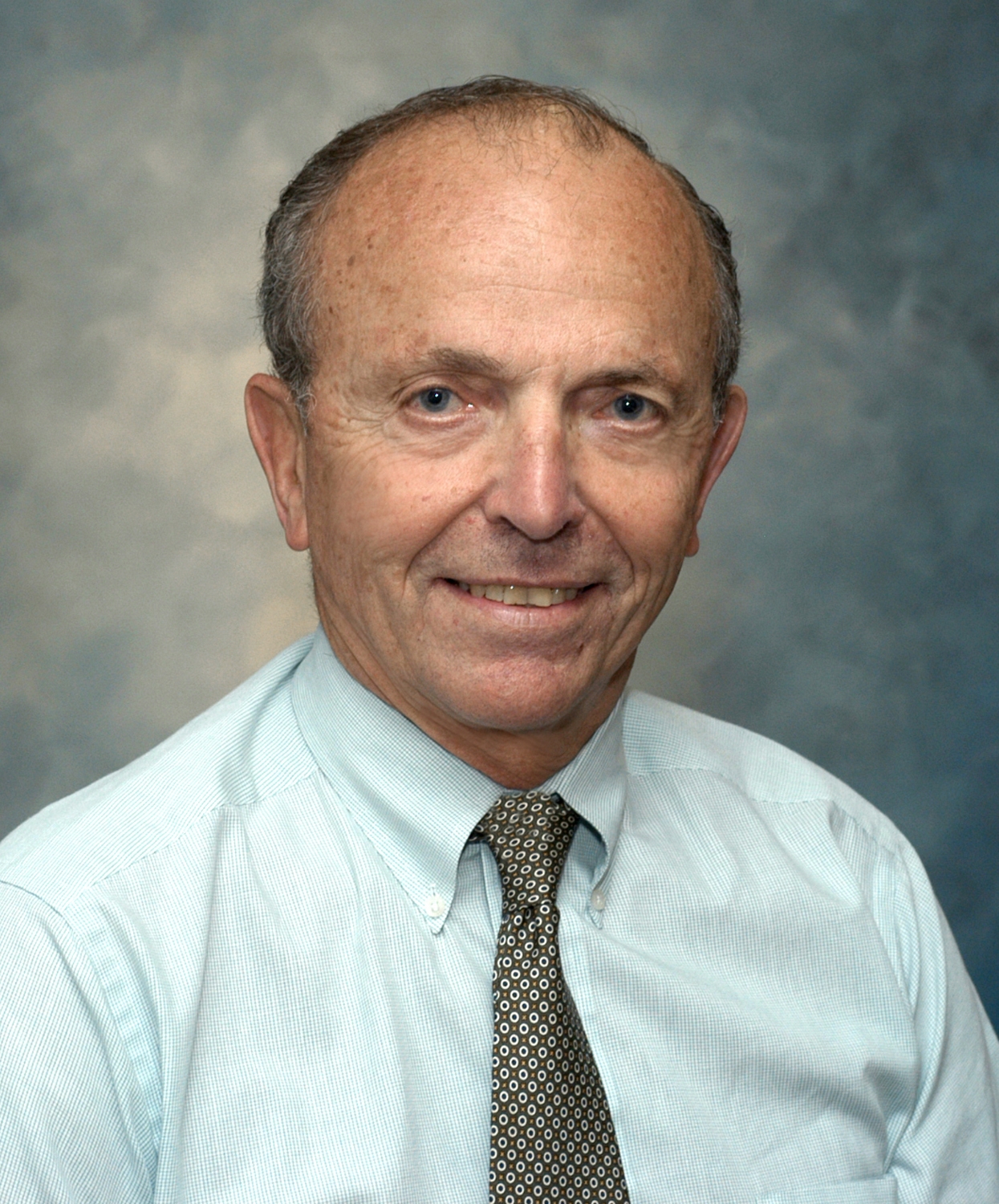Supported Research
Cure HHT: Driving Impact and Innovation in HHT Research & Treatment
The Impact of Our Work
$0
Funds Granted to Cure HHT$0
Cure HHT's Investments to HHT Researchers$0
Investment in Clinical Trials$0
Funds Secured Through PartnershipsResearch Spotlight
Click on a topic below to uncover our latest research discoveries!
Developing Agonist Antibodies to Restore Signaling
Dr. William Sellers, Director of the Cancer Program at the Broad Institute, aims to find and test antibodies which will bind together parts of the HHT signaling pathway that are not working properly due to HHT-causing mutations.
Innovative Research Focus
There are medical therapies to repurpose drugs currently being studied and trialed in HHT patients, but no therapies exist that are directly based on our understanding of the gene mutation causing HHT. Dr. Sellers and his lab aim to develop a cell therapy to restore signaling in HHT.
Key Objectives of the Study:
Discover the best agonist antibody candidates: Dr. Seller’s team will identify the best antibody candidates that can bind to two parts of the HHT signaling pathway simultaneously, bringing them together and allowing them to interact.
Test candidates in lab: Best antibody candidates will be tested extensively in the lab to ensure they are specific to their targets and function properly.
Test candidates in animal models of HHT: Restoring the HHT signaling pathway will be tested in animal models of HHT where Dr. Sellers and his team will be able to see if they can prevent AVMs from forming or reverse the formation of them altogether.
Impact: There are currently no therapies approved to treat HHT. Those in trial are repurposed drugs targeting downstream parts of the HHT signaling pathway, but this proposal targets the area where the HHT mutations occur, offering a chance at prevention of AVM formation and restoration of the BMP9/10 signaling cascade.
From Lab to Treatment: AVMs on Chips
Christopher Hughes is transforming HHT research with his "AVMs on chips" method.
This groundbreaking approach involves creating tiny models of blood vessel abnormalities seen in HHT right in the lab.

Breakthroughs and Insights:
Summary: The model creates the small and large blood vessel malformations typical of HHT on a chip in the lab for efficient drug screening and monitoring.
Funded by a $4.4 million NIH grant, Hughes's work showcases the power of innovative science coupled with collaborative efforts. His research is paving the way for future gene therapy advancements, marking a significant leap forward in the battle against HHT.
For more details on Dr. Hughes' study and its impact on HHT, click the button below.
Improving Quality of Life for HHT Patients
Dr. Clifford Weiss from Johns Hopkins University is leading an important study to better understand and assess the Health-Related Quality of Life (HRQOL) for HHT patients.
Supported by a $50,000 grant from Cure HHT, this cross-sectional survey study seeks to understand the multifaceted impact of HHT on patients' lives.
Vision and Goals for the Future of HHT
Comparative Analysis: Assessing how HRQOL, fatigue, and depression/anxiety among HHT patients compare to the general US population and other chronic illness groups.
How it all connects: Investigating how physical, mental, and symptom-specific QOL metrics are connected.
Demographic & Clinical Factors: Exploring how age, gender, race, genetic mutations, and symptom severity impact HRQOL and symptom severity.
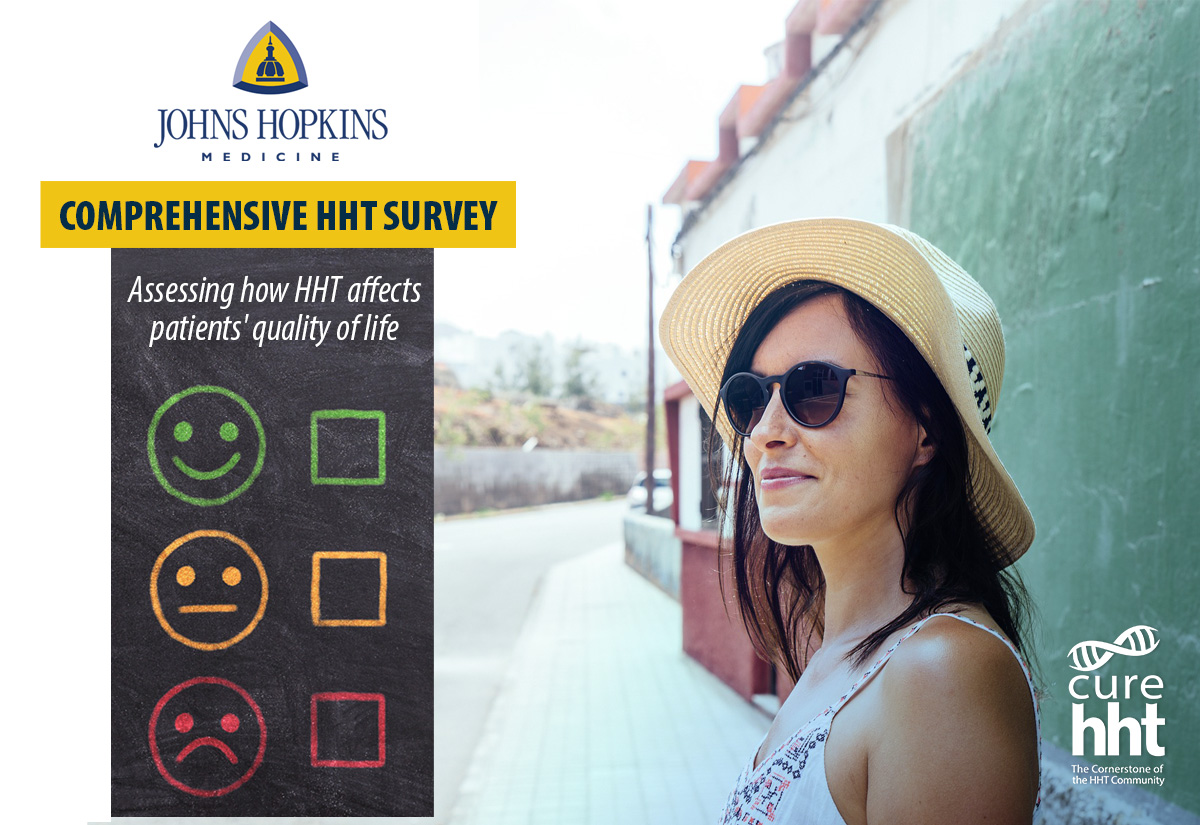 Impact on HHT Patients
Impact on HHT Patients
This study is a significant step forward for the HHT community. By creating a reliable HRQOL tool, clinicians can better understand and address the comprehensive needs of HHT patients.
This means more personalized and effective treatments, and increased awareness about the impact of HHT on patients' overall wellbeing.
To explore the impact of Dr. Weiss's study, click the button below.
Drug Repurposing Breakthrough
Dr. Edda Spiekerkoetter and her team at the Stanford HHT Center of Excellence received a $2.8 million NIH/NHLBI grant to study the molecular and cellular events behind pulmonary AVMs.
Addressing a Critical Need
There is an urgent need for therapies that target the root causes of HHT and Pulmonary Arterial Hypertension (PAH). Despite advancements, current treatments primarily alleviate symptoms rather than address the underlying mechanisms of these conditions.

Fast-Tracking Treatments: Dr. Spiekerkoetter's groundbreaking research leverages the potential of existing drugs to treat HHT and PAH. By repurposing medications such as FK506 (tacrolimus) and tyrosine kinase inhibitors, her work aims to quickly transition from laboratory studies to clinical trials. This approach offers a faster, more cost-effective way to bring new treatments to patients, enhancing their quality of life significantly sooner than traditional drug development methods.
Addressing the Root Cause: Repurposing already-tested drugs speeds up the availability of new treatments. Dr. Spiekerkoetter’s research not only targets symptoms but also aims to address the root causes of HHT and PAH, potentially reversing disease progression.
For more detailed information on Dr. Spiekerkoetter’s research, click the button below.
![]()
Decoding Genetic Variations
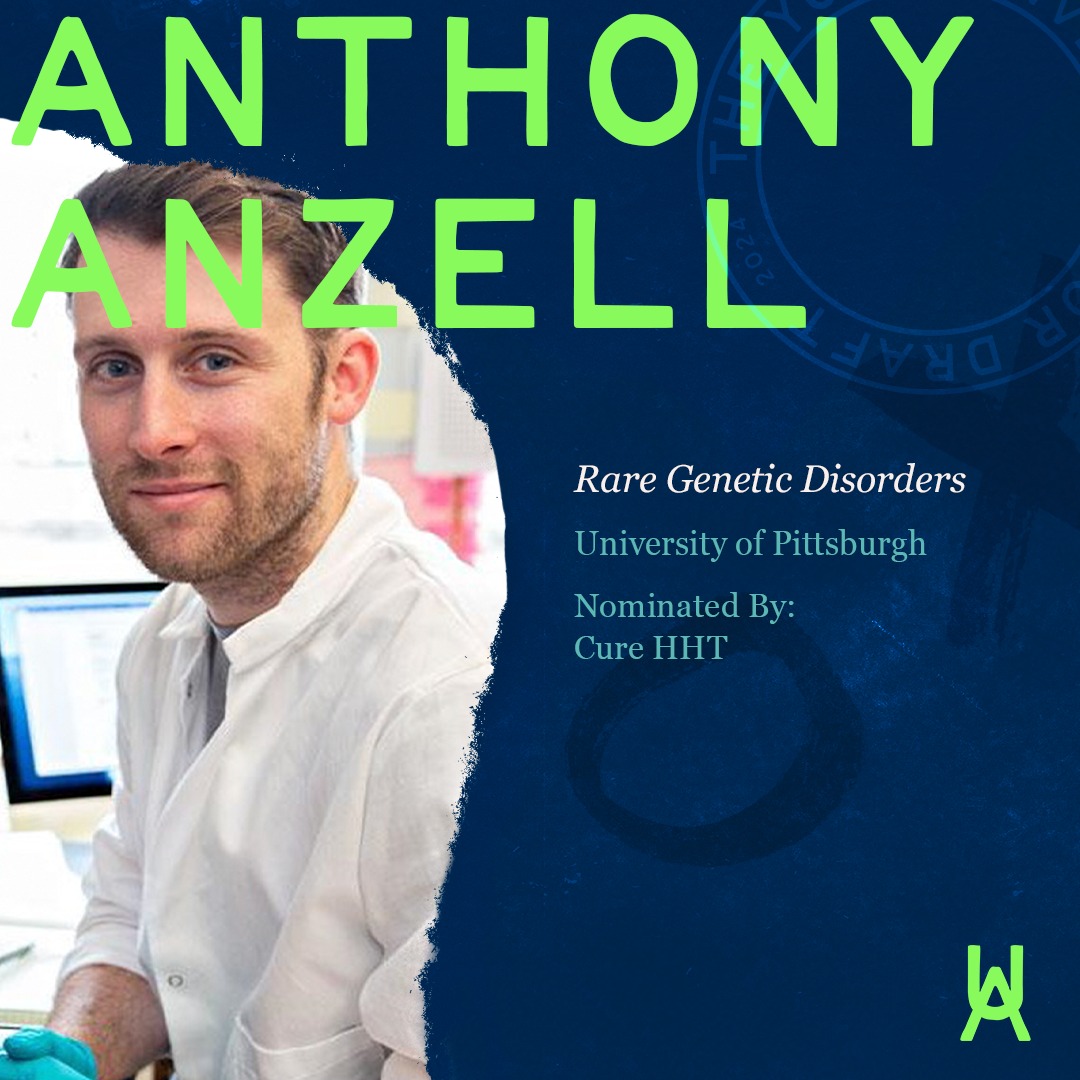
Dr. Anthony Anzell from the University of Pittsburgh has received a $20,000 research grant from Uplifting Athletes' Young Investigator Draft for his promising work on genetic variations associated with HHT.
Innovative Research Focus
Dr. Anzell’s current research focuses on understanding the ACVRL1 gene mutation in HHT. His study employs a "mosaic" context, investigating how normal and abnormal cells interact within AVMs.
Key Objectives of the Study:
Understanding AVMs: Studying AVMs at a cellular level and interactions between normal and abnormal cells.
Mosaic-Style Culture System: Creating a detailed and accurate model of the disease with both normal and abnormal cells together to better understand how it affects the body.
From Understanding to Intervention: Using proteins to rescue abnormal cells, restoring cellular function and develop effective treatments.
Impact and Future Directions
There are currently no FDA-approved therapies for HHT, and the mechanism of AVM formation is not fully understood. Dr. Anzell’s research aims to fill these gaps, potentially leading to new, effective therapies for HHT patients.
For more information on Dr. Anzell’s research and his journey, click the button below.
![]()
Advancing HHT Research
We are the catalyst for driving advancements in HHT research.
Through strategic grants, direct funding, and building industry partnerships, we have significantly grown the amount of research taking place within our disease over the years and have empowered groundbreaking discoveries that ultimately improve the lives of patients.
Our efforts to over the years grow the research community focused on HHT and advance our understanding of the underlying mechanisms of this disease, have allowed us to reach a point where yesterday’s dreams are becoming today’s accomplishments.

Advancing HHT Research
We are the catalyst for driving advancements in HHT research.
Through strategic grants, direct funding, and building industry partnerships, we have significantly grown the amount of research taking place within our disease over the years and have empowered groundbreaking discoveries that ultimately improve the lives of patients.
Our efforts to over the years grow the research community focused on HHT and advance our understanding of the underlying mechanisms of this disease, have allowed us to reach a point where yesterday’s dreams are becoming today’s accomplishments.

Our Mission
To be at the forefront of accelerating progress in understanding, treating, and finding a cure for HHT.
We aim to:

Recipients of the Young Investigator Awards at the 2022 14th International HHT Scientific Conference, Portugal.

Recipients of the Young Investigator Awards at the 2022 14th International HHT Scientific Conference, Portugal.
Our Mission
To be at the forefront of accelerating progress in understanding, treating, and finding a cure for HHT.
We aim to:
Cure HHT Research Network Hub
The Cure HHT Research Network Hub is a pivotal initiative funded by Cure HHT, fostering community and collaboration to accelerate discoveries by building a robust repository of knowledge.
This platform connects HHT researchers and clinicians worldwide, providing access to research publications, real-time news and announcements, continuing medical education, and biobank samples. The hub supports innovative studies and sharing insights to discover effective treatments and, ultimately, a cure for HHT.
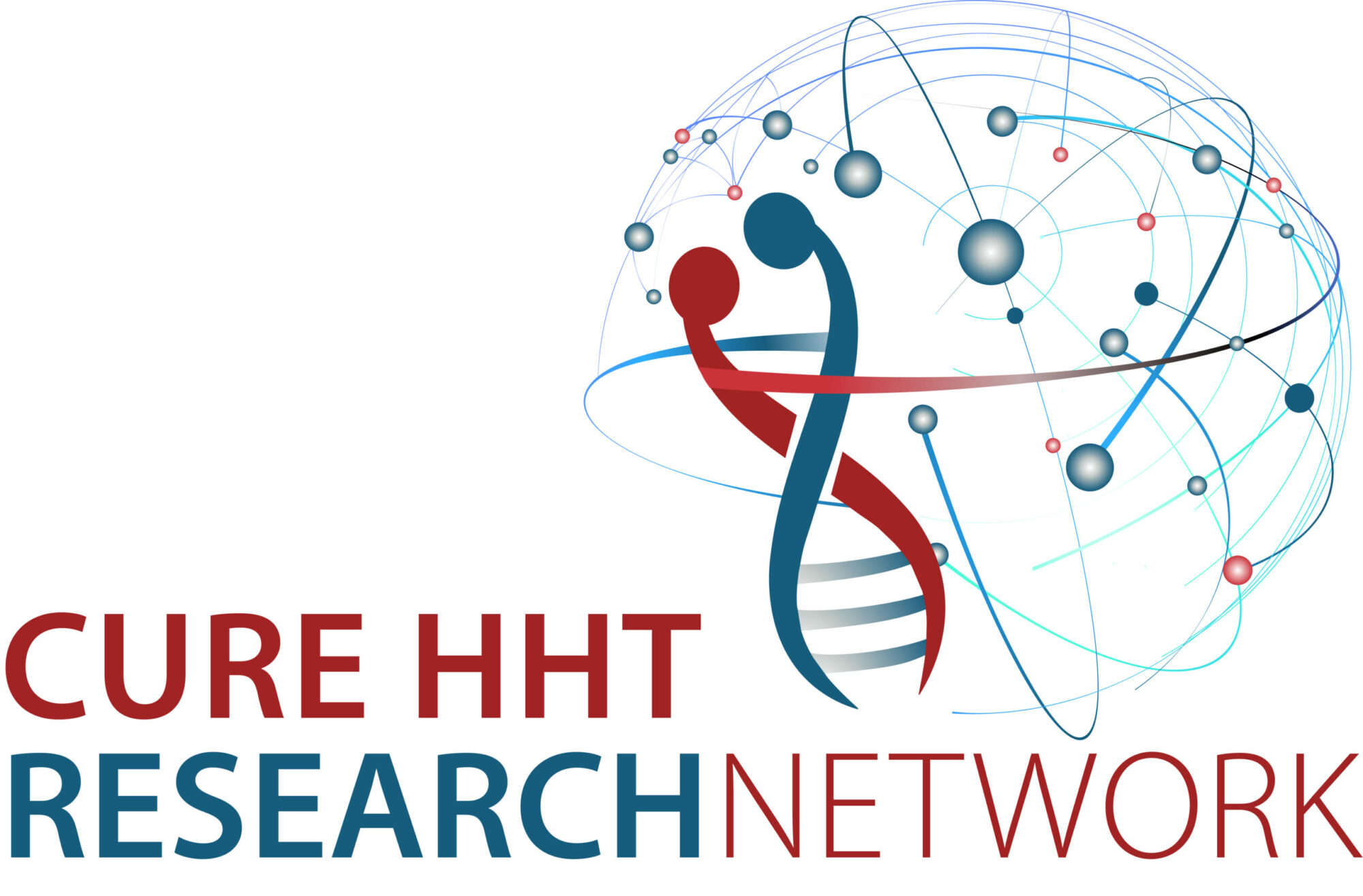
*For researchers and clinicians only.
Cure HHT Research Network Hub
The Cure HHT Research Network Hub is a pivotal initiative funded by Cure HHT, fostering community and collaboration to accelerate discoveries by building a robust repository of knowledge.
This platform connects HHT researchers and clinicians worldwide, providing access to research publications, real-time news and announcements, continuing medical education, and biobank samples. The hub supports innovative studies and sharing insights to discover effective treatments and, ultimately, a cure for HHT.

*For researchers and clinicians only.
Powering HHT Research Through Partnerships
Cure HHT's research initiatives are significantly enhanced by our the partnerships we have formed with leading academic institutions, government agencies, foundations, and industry leaders. Each collaboration brings unique strengths to our mission:
Foundations and Non-Profits, including the Chan Zuckerberg Initiative and Argosy Foundation, boost our research funding, allowing us to pursue ambitious projects.

Academic Partnerships drive innovation and discovery in HHT research, enriching the projects we fund.

Government Agencies like the NIH, DoD, and CDC provide essential support, expanding the scope and impact of our research.

Industry Collaborations with companies like Diagonal Therapeutics, Medtronic, Nasaclip, and more introduce cutting-edge technology and treatments into our research efforts.

These strategic alliances not only diversify our research funding but also ensure that our supported projects have a broader impact, accelerating progress toward understanding, treating, and ultimately curing HHT.
Supporting Research Across All Fronts
Cure HHT advances research across various areas.
Click on the categories below to explore the full list of funding. Each category represents a step forward in our mission to transform lives and bring hope to those affected by HHT.
Acknowledgments
We extend our heartfelt thanks to the broad community that supports HHT research. Your contributions, from groundbreaking scientific discoveries to generous donations, are the driving force behind our progress.
Each study funded, every piece of new knowledge gained, and the continuous improvement in patient care wouldn't be possible without your unwavering support. Thank you for being an integral part of this journey toward understanding, treating, and ultimately curing HHT.
Calling All Researchers
If you are a HHT researcher, clinician or fellow, learn more about our awards and grants designed to help you further your research and career in the HHT field.
How to Get Involved - information for researchers interested in applying for funding and for patients looking to participate in clinical trials.

